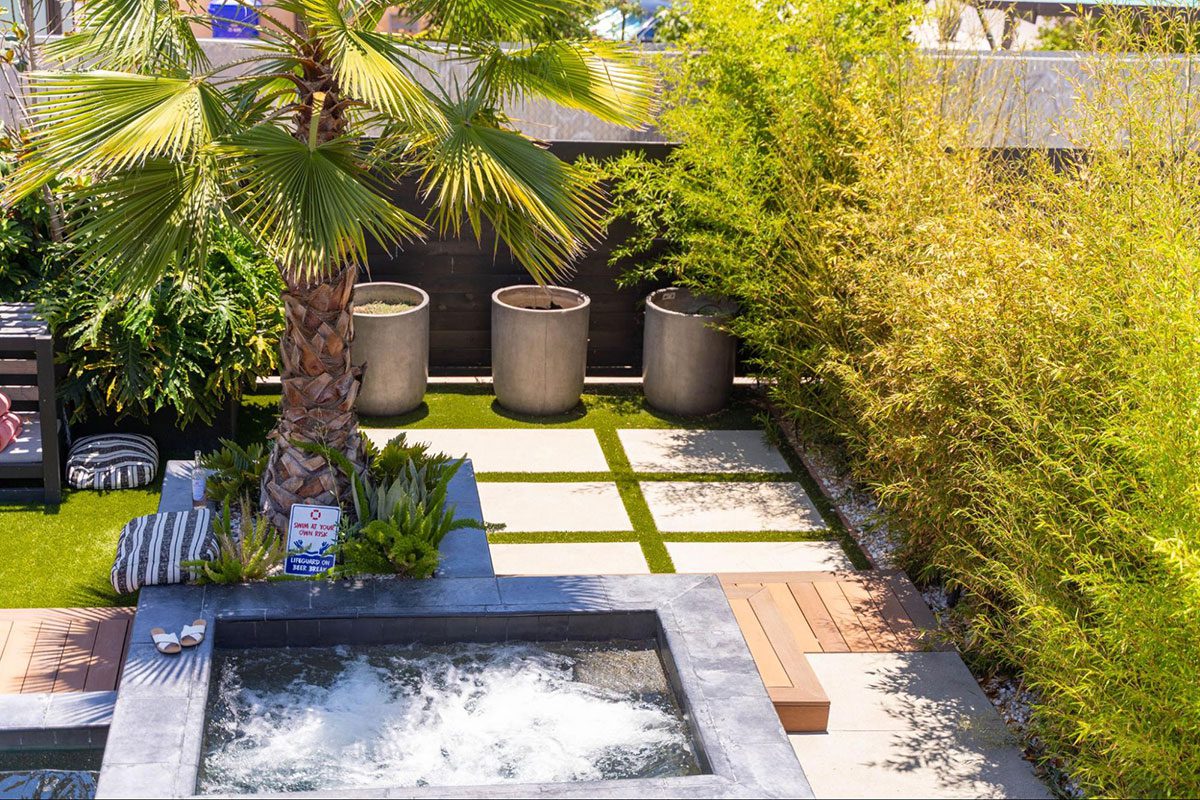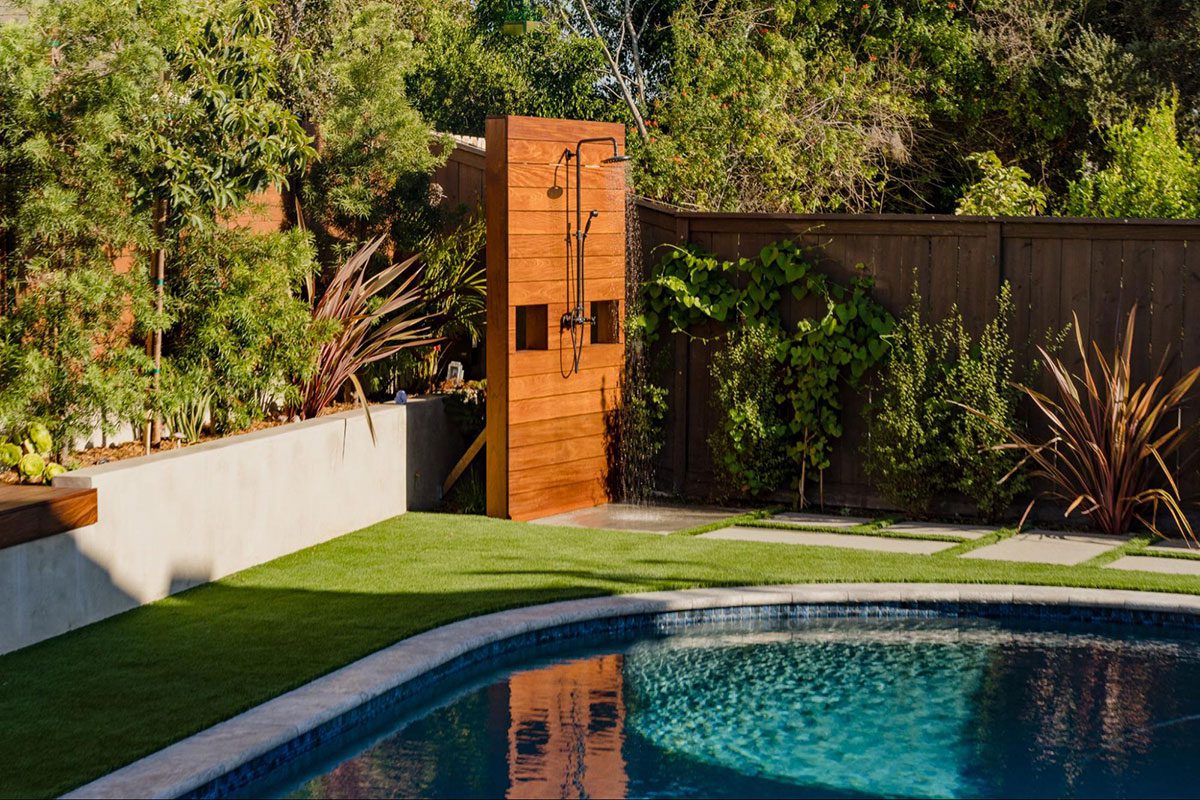Artificial grass has become increasingly popular in recent years due to its low-maintenance and water-saving benefits. Unlike natural grass, which requires regular watering to maintain its appearance and health, artificial grass can be installed and left alone for years to come. However, there are still questions about whether artificial grass needs water to maintain its integrity and appearance. In this article, we will explore the water requirements of artificial grass and provide tips on how to properly care for it to ensure its longevity and beauty.
Water requirements for artificial grass
Artificial grass is designed to be low-maintenance and water-saving, which means it does not require regular watering like natural grass. In fact, excessive watering can actually damage artificial grass by causing standing water, mold, and mildew. However, there are certain situations in which artificial grass may need to be watered, such as to remove dirt or debris that may have accumulated on the surface. Additionally, on hot days, the surface of the artificial grass can become very hot, and watering can help to cool it down.
It’s important to note that when watering artificial grass, it should be done in moderation. Overwatering can cause damage to the turf, so it’s important to water only when necessary and to avoid standing water.
Where you can install artificial turf:
- Playgrounds
- Lawns and landscaping
- Indoor and outdoor sports
- Gym flooring
- Around pool decks
- For dogs and other pets
- Putting greens
Proper maintenance of artificial grass
Proper maintenance and care are essential to the longevity and beauty of artificial grass. Regularly brushing and cleaning the grass to remove dirt and debris can help to prevent matting and maintain its natural appearance. It’s also important to avoid using harsh chemicals or cleaning products on artificial grass, as they can cause damage or discoloration.
In terms of water usage, it’s important to avoid excessive watering of artificial grass. If watering is necessary, it should be done in moderation and only when needed. Additionally, it’s important to properly drain any excess water that may accumulate on the surface of the turf, as standing water can lead to mold and mildew.
Benefits of water-saving artificial grass

Using water-saving artificial grass has numerous environmental benefits. By reducing water usage, it helps to conserve natural resources and reduce the strain on local water supplies. Additionally, because artificial grass doesn’t require mowing or other maintenance, it can save on maintenance costs and reduce the need for harmful chemicals and pesticides.
Artificial grass also has aesthetic benefits, as it maintains its beauty and vibrancy year-round, even during drought conditions or extreme weather. It can be used in a variety of settings, from residential lawns to commercial landscapes, to create a lush, green environment without the need for excessive water usage.
Benefits of water-saving artificial grass
In conclusion, artificial grass does not require regular watering like natural grass. However, there are situations in which watering may be necessary, such as to remove dirt or debris or to cool the surface on hot days. Proper maintenance and care, including regular brushing and cleaning, can help to prevent damage and maintain the natural appearance of artificial grass. Using water-saving artificial grass not only saves on water usage but also reduces maintenance costs and the need for harmful chemicals and pesticides. With the numerous benefits of artificial grass, it’s no wonder why it has become such a popular choice for environmentally-conscious and low-maintenance landscapes.
Related resources:
- Where you can use artificial grass
- Cost of artificial grass
- How to choose the best artificial grass
- How to clean artificial grass
- Water bill savings with artificial grass
- How long does artificial turf last?
- Artificial turf supplies
- Artificial grass vs real grass
- Pros and cons of artificial grass
- Artificial grass installation guide
- Does artificial grass fade?
- Does artificial grass need water?
- How to install artificial turf



